The Mothers Taking On the Trump Administration
From birthright citizenship to healthcare bans, a wave of government policies has put families at risk. It has also galvanized a group of women to take a stand.
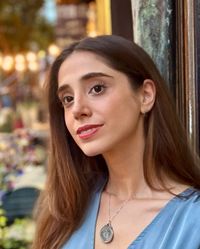
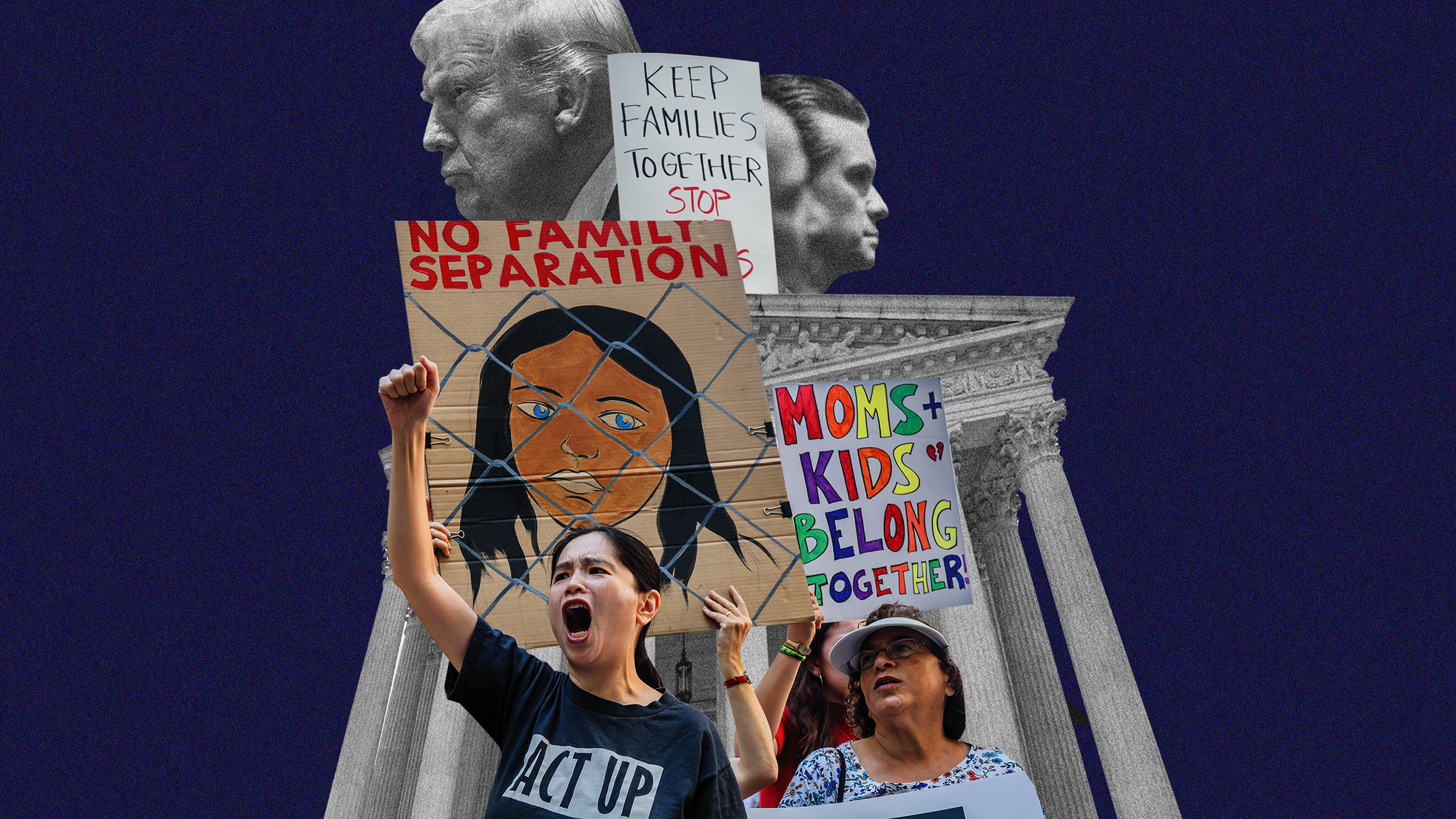
Select the newsletters you’d like to receive. Then, add your email to sign up.
You are now subscribed
Your newsletter sign-up was successful
Want to add more newsletters?

Delivered daily
Marie Claire Daily
Get exclusive access to fashion and beauty trends, hot-off-the-press celebrity news, and more.

Sent weekly on Saturday
Marie Claire Self Checkout
Exclusive access to expert shopping and styling advice from Nikki Ogunnaike, Marie Claire's editor-in-chief.

Once a week
Maire Claire Face Forward
Insider tips and recommendations for skin, hair, makeup, nails and more from Hannah Baxter, Marie Claire's beauty director.

Once a week
Livingetc
Your shortcut to the now and the next in contemporary home decoration, from designing a fashion-forward kitchen to decoding color schemes, and the latest interiors trends.

Delivered Daily
Homes & Gardens
The ultimate interior design resource from the world's leading experts - discover inspiring decorating ideas, color scheming know-how, garden inspiration and shopping expertise.
On his first day back in the White House, President Donald Trump issued an executive order to limit birthright citizenship, a constitutional right in place for more than a century. Then came the foreign-aid cuts, which left mothers and children around the world without emergency medical care. The ICE raids soon followed, hollowing out homes across the country; parents and caregivers vanished in an instant. Simultaneously came a ban on books, gender-affirming care, and reproductive healthcare. Meanwhile, issues such as affordable childcare, paid leave, and improvements to the education system are nowhere on the agenda—illuminating the fact that this legal assault on families is not affecting just a select few. An alarming number of people are at risk.
But if Trump’s presidency began by throwing down the gauntlet on families, it may end with mothers leading the fight to defend them. Their resistance stretches from federal courthouses to soccer-field sidelines, from late-night strategy sessions at the kitchen table to early-morning school runs. They rush from daycare drop-offs to court hearings, file motions between doctor’s appointments, and spend their days fighting to protect families, all while holding together their own. Here, the mothers who are pulling second (and third) shifts as attorneys and activists reflect on the challenges they face, what the fight against these policies has been like, and what motivates them to keep putting in the work.
The Foreign Aid Litigator
Lauren Bateman, 37, Washington, D.C.
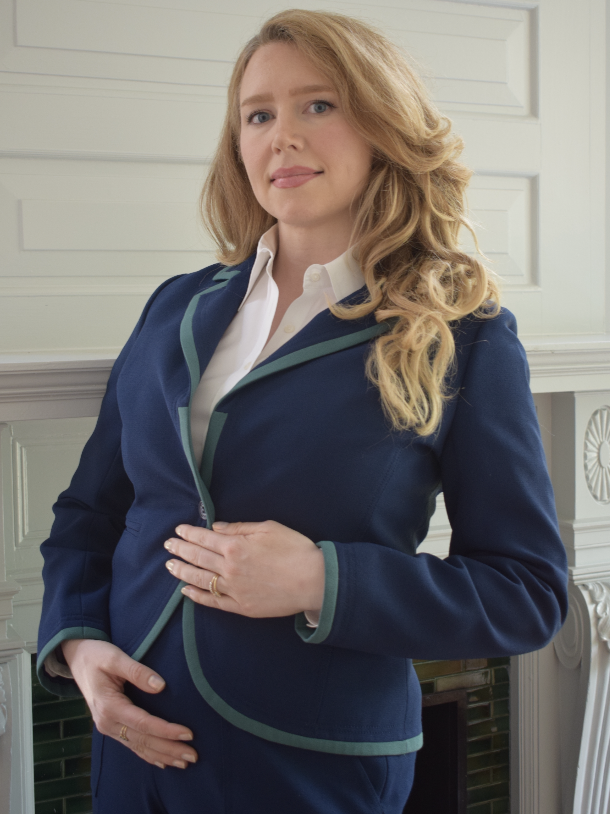
“I’m lead counsel on two high-stakes constitutional cases; one challenges the administration’s cuts to foreign assistance funding, and another targets the dismantling of USAID [a federal agency that provides humanitarian aid around the world].”
“I found out I was pregnant in March, and in my first trimester, I was corresponding with a USAID worker whose pregnant wife had been denied a medical evacuation after the administration began dismantling the agency. That kind of evacuation would have been completely routine before January 20 but was abruptly denied. She’d started hemorrhaging; both she and the baby were at risk, and they were only living in that location because her husband was serving our country.”
“That case isn’t an anomaly. It’s the kind of fallout we’re seeing across the board as a result of the foreign assistance freeze. One report I came across described toddlers being abruptly cut off from antidiarrheal medication after the freeze took effect. Just the idea of babies being sentenced to one of the most grisly possible deaths—that has really stuck with me.”
These two cases affect so many people, both here and abroad.
“At times, litigation can be a dry exercise of filing briefs before a court, but these two cases affect so many people, both here and abroad. You definitely don’t have to be an expectant mother, of course, to internalize the want and cruelty of what the administration has done. But for me, it did add a new lens: What if my family were fated to death or disease by a faraway government that’s run by a petty tyrant? I would hope that the people in that country were fighting back.”
The Constitutional Challenger
Sidra Mahfooz, 33, New York, New York
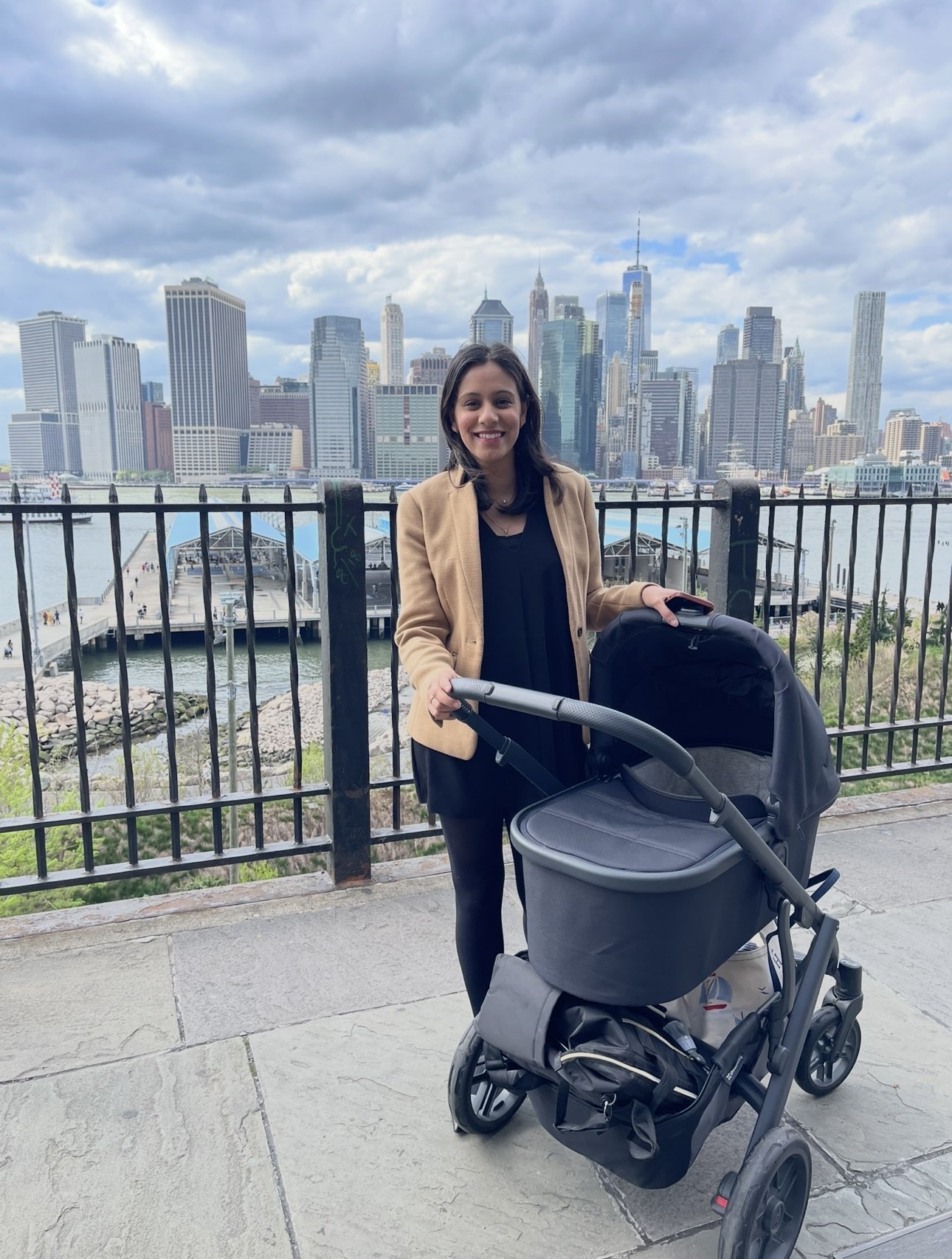
“I came to the U.S. from Pakistan when I was 7, and I grew up in Long Island watching people in Muslim communities around me be targeted within our mosques, asked questions, and arrested after 9/11. That experience led me to law.
Get exclusive access to fashion and beauty trends, hot-off-the-press celebrity news, and more.
“Now, as a staff attorney at the ACLU, I focus on cases challenging executive overreach—from representing activists targeted for deportation to pushing back against the expansion of expedited removal and the use of the Alien Enemies Act.”
“I’m also raising two little ones of my own: a toddler and an infant. The personal and the professional are always overlapping. This spring, I helped secure the release of Mahmoud Khalil, a Palestinian man who had been separated from his pregnant wife and detained without cause. He had missed the birth of his son, Deen. A judge finally ordered his release in June. Reading his letter to Deen while feeding my own kids—it broke me. It made everything a lot more real.”
The stakes feel deeply generational.
“The stakes feel deeply generational. It’s definitely for the now, but it really is shaping the world we want our kids to be in. Whether they might have to face challenges based on certain Supreme Court precedent or whether we can stop some of the abuses that are happening and create case law that actually protects vulnerable communities—that’s the question.”
“I want my children to be able to look back at this moment and say, ‘Hey, my mother helped so many people in this situation.’ I want them to feel proud of that. I want them to do the same.”
The Border Defender
Rochelle Garza, 40, Brownsville, Texas
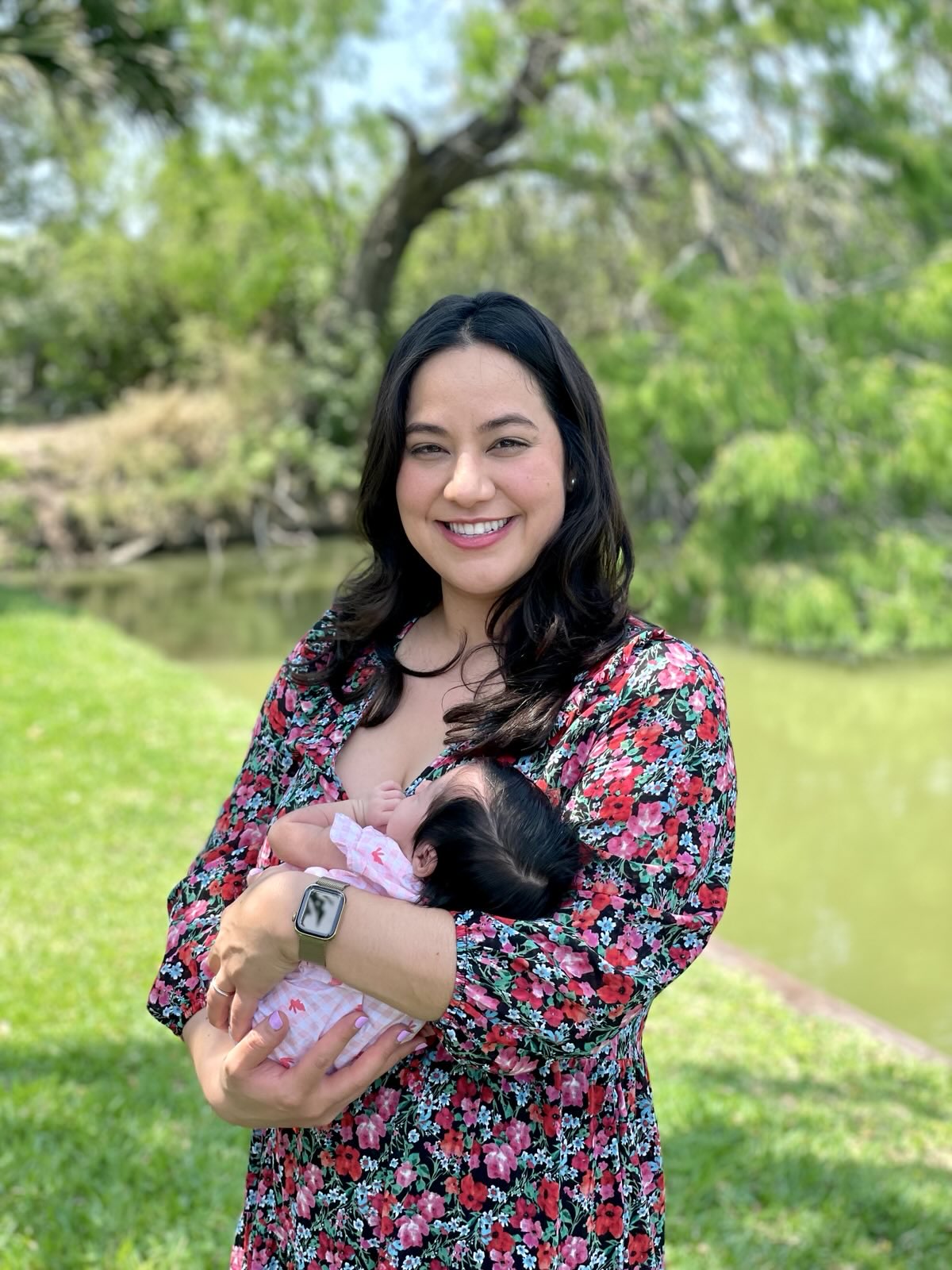
“I live and work in a town along the U.S.–Mexico border, where I lead a team of 60 attorneys and advocates as president of the Texas Civil Rights Project. I’m also Chair of the U.S. Commission on Civil Rights, and the mother of two kids under 4. My days are filled with meetings, hearings, and the chaos of toddler life. I wear different hats, and I try to nourish all of it.”
“One of the families we’re representing right now includes 11-year-old Sara, a U.S. citizen who recently had a brain tumor removed. She needs ongoing medical treatment, but in February, she was deported along with her four siblings, three of whom are also U.S. citizens, and their undocumented parents, even though she’d previously been allowed to cross the border checkpoint for care. The Texas Civil Rights Project has filed a humanitarian request for Sara, her parents, and her one sibling. We’re still waiting on a response from U.S. Citizenship and Immigration Services [as of July].”
The weight of parenting—of what the world looks like, not just now but in the future—is heavy.
“Long before I took the helm at TCRP, I represented a teen in immigration detention who had been denied abortion access under the Trump administration. That case reached the Supreme Court and led to what’s now known as the Garza Notice, affirming the rights of detained immigrant teens to reproductive care.”
“The stakes are incredibly high. And they feel even higher when you’re pregnant, when you give birth, when you’re mothering a child. The weight of parenting—of what the world looks like, not just now but in the future—is heavy. Having a hand in shaping that through your work…it’s a lot to carry.”
The Asylum Attorneys
Melissa Crow, 60, Washington, D.C.
Blaine Bookey, 44, San Francisco, California
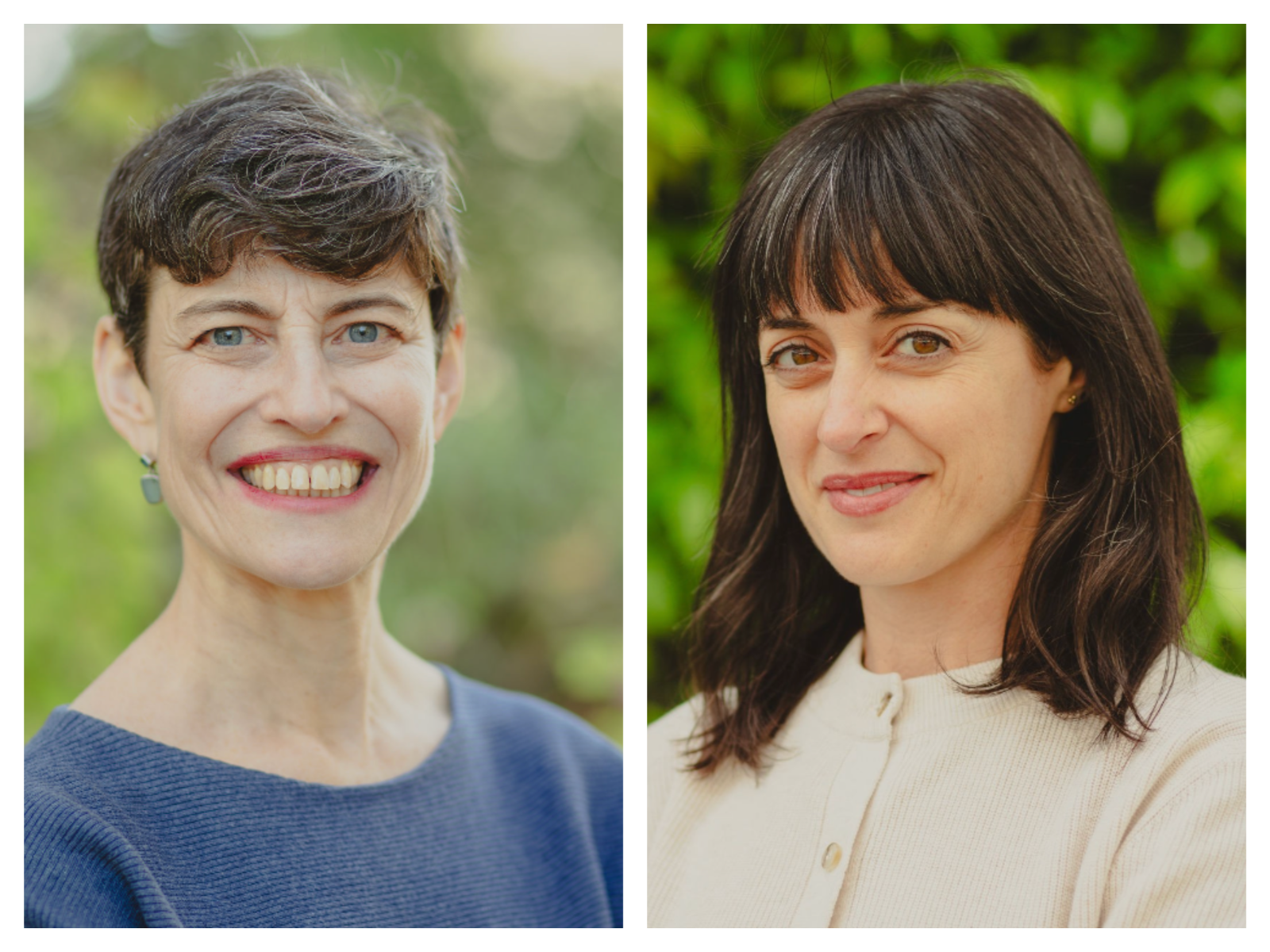
Crow and Bookey are colleagues at the Center for Gender and Refugee Studies, which serves as co-lead counsel in Al Otro Lado v. Trump, a recent challenge to new asylum restrictions imposed by the Trump administration. The case targets the administration’s January 2025 proclamation that shut down asylum processing at the U.S.–Mexico border overnight. The lawsuit, filed on behalf of advocacy groups and individual asylum seekers, argues that the policy violates federal law by denying people access to the asylum process.
One of those people is “Maria,” a plaintiff who fled cartel violence in the Mexican province of Michoacán and now hides in a Tijuana shelter, afraid to leave. Her husband was murdered, her son and granddaughter disappeared. Her plea is for a life in the U.S., where she will be safe. “The families we represent are often in dire straits,” Bookey says. And so, as she sees it, she has “no choice” but to try and help.
Both women are Jewish and view their work as a direct extension of their values. Crow calls it tikkun olam, the Jewish principle of repairing the world. Bookey’s own grandfather came to the U.S. as a refugee, and an earlier generation of her family fled Eastern Europe seeking religious freedom. She wants that same right for everybody.
What we’re trying to do is keep families together.
The fight is long and often contentious, but Bookey hopes the way she explains her work to her children holds a message that anyone can understand: “What we’re trying to do is keep families together. Imagine if you had to be separated from me—that’s what I’m doing, trying to get these families back together.”
It’s that mission that keeps them going, even when good news seems elusive. “I’ve learned so much from our clients,” Crow says. “They’re part of our community. And if they’re not, they should be.”
The Birthright Plaintiff & Lawyer
Conchita Cruz, New York, New York
Monica, Venezuela
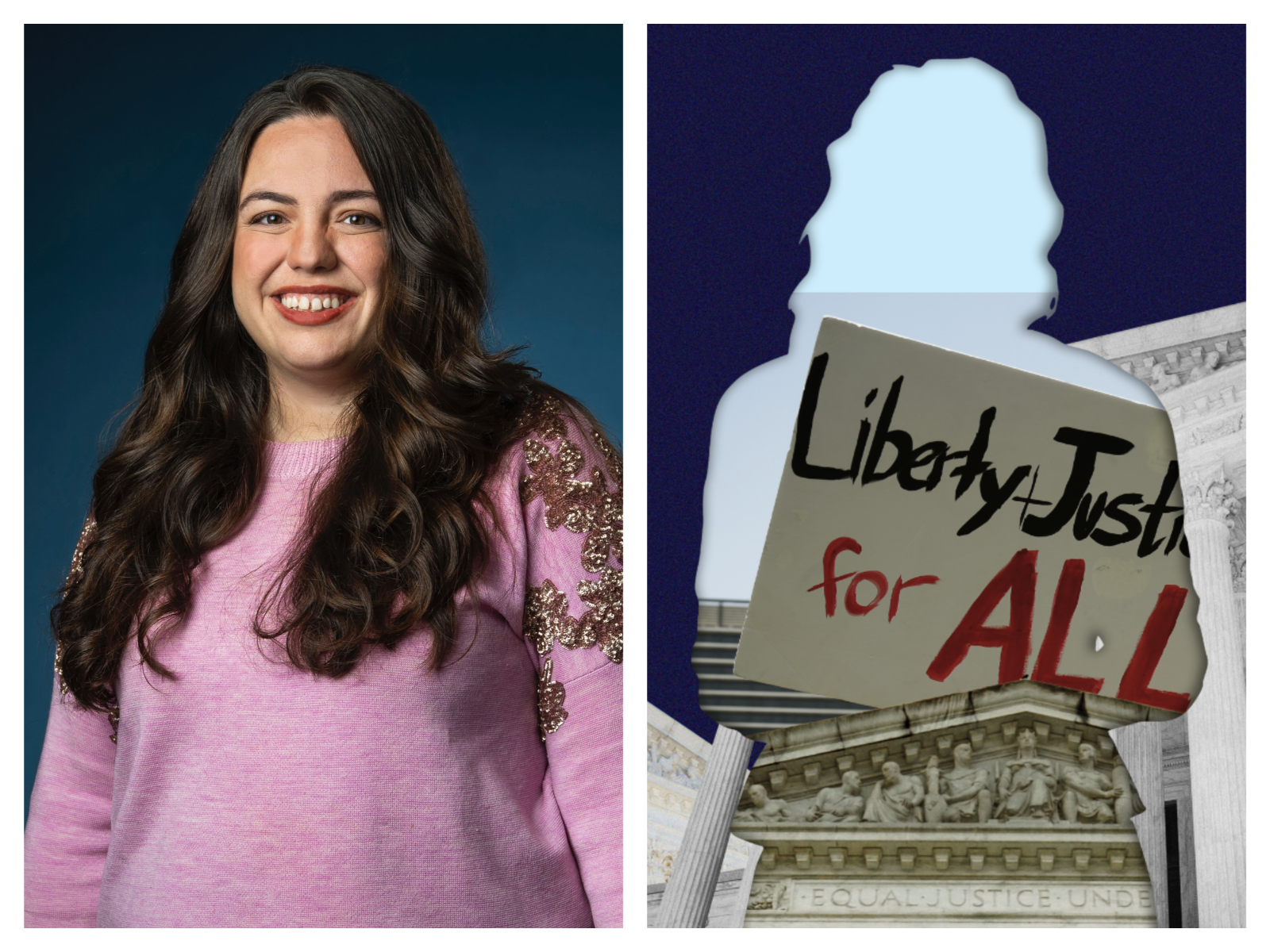
While some mothers are fighting to defend long-standing rights on U.S. soil, others are battling for the right to belong at all. Monica—a Venezuelan medical doctor seeking asylum—was eight months pregnant at the time of reporting. She is a plaintiff in CASA v. Trump, the case challenging President Trump’s effort to curb birthright citizenship; the outcome could determine whether her baby receives a U.S. passport.
She and her husband fled Venezuela in 2019 amid political persecution and, as of July, were still waiting for an asylum interview as well as for the Supreme Court to decide the merits of the Executive Order on Birthright Citizenship.
“I’ve not been able to live a [normal] pregnancy because of all of this stress; it’s been very hard on me,” she says. “We cannot return to Venezuela because our lives have been threatened. We love our country, but it is not free.”
I want my child to know that what motivates us is the love that we have for him and the love that we have for all of the mothers that feel the same way about their babies.
Her attorney, Cruz—co-executive director of the Asylum Seeker Advocacy Project and a mother herself—says the case strikes at the heart of what it means to raise a child in America. “Until now, a U.S. birth certificate has been enough to prove citizenship,” she says. “What happens when that’s no longer true?” Cruz also has family members seeking asylum in the U.S. “That is a source of pride for me, to know that my work can and has helped my own family.”
For Monica, the lawsuit is an act of protection and solidarity with other women who are in situations like hers. “I want my child to know that what motivates us is the love that we have for him and the love that we have for all of the mothers that feel the same way about their babies.”
She’s holding on to what she hopes her child will inherit—not just a passport but a principle: “to fight for justice.”
This piece originally appeared in Marie Claire’s 2025 Changemakers Issue. Since our reporting:
- Lauren Bateman’s cases remain active. The foreign aid lawsuit is on appeal after the Supreme Court allowed the Administration to withhold $4 billion in funding, and the USAID dismantling case is also on appeal following a lower-court dismissal.
- Rochelle Garza’s clients are still waiting in Mexico; Sara recently suffered a seizure, and her health is deteriorating, according to officials.
- Melissa Crow and Blaine Bookey’s asylum case is ongoing, with a class certification motion now before the court.
- Conchita Cruz and Monica’s case saw a major milestone in August, when the court granted class certification and a preliminary injunction protecting all U.S.-born babies; the government has since asked the Supreme Court to weigh in on birthright citizenship.
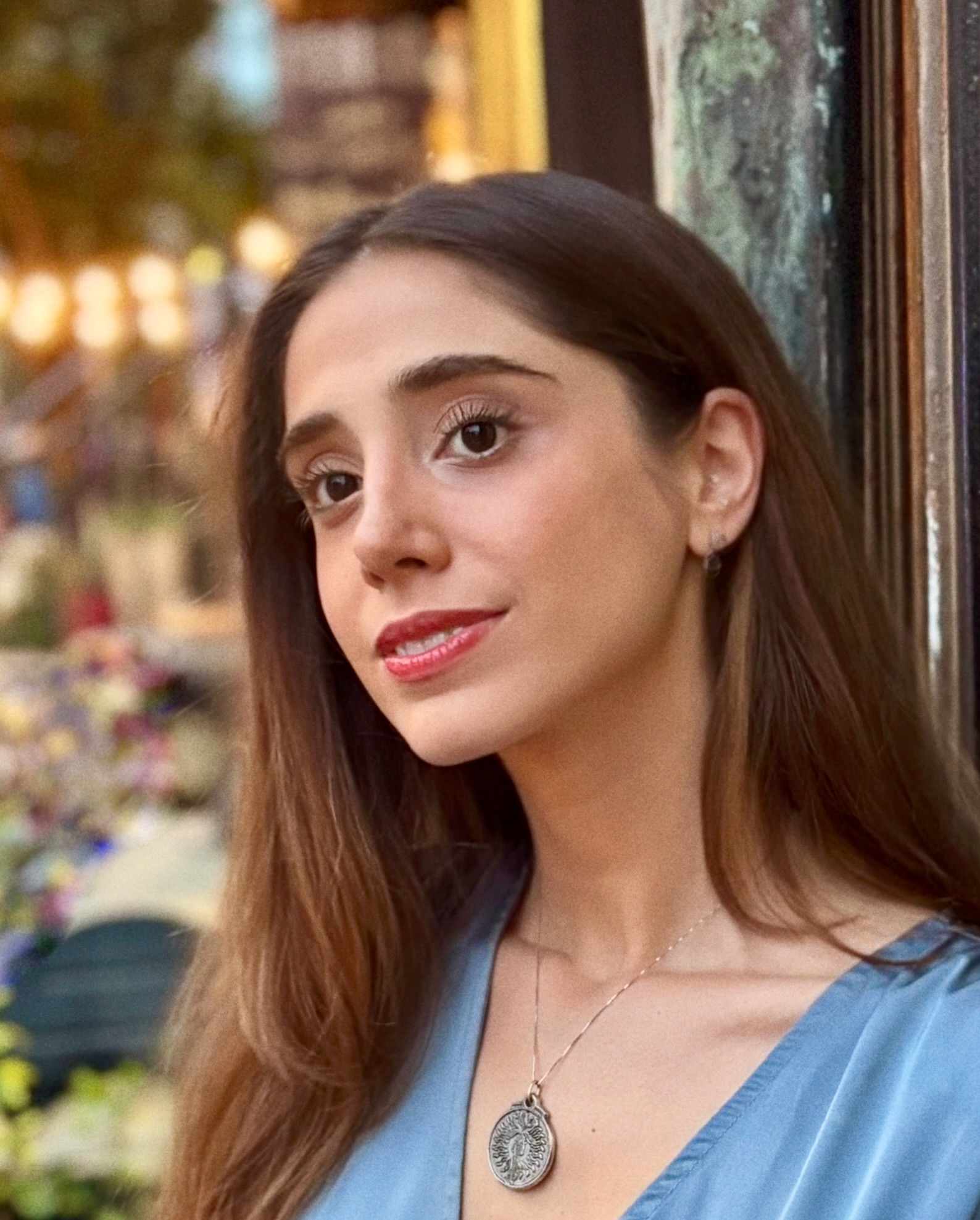
Noor Ibrahim is the deputy editor at Marie Claire, where she commissions, edits, and writes features across politics, career, and money in all their modern forms. She’s always on the hunt for bold, unexpected stories about the power structures that shape women’s lives—and the audacious ways they push back. Previously, Noor was the managing editor at The Daily Beast, where she helped steer the newsroom’s signature mix of scoops, features, and breaking news. Her reporting has appeared in The Guardian, TIME, and Foreign Policy, among other outlets. She holds a master’s degree from Columbia Journalism School.